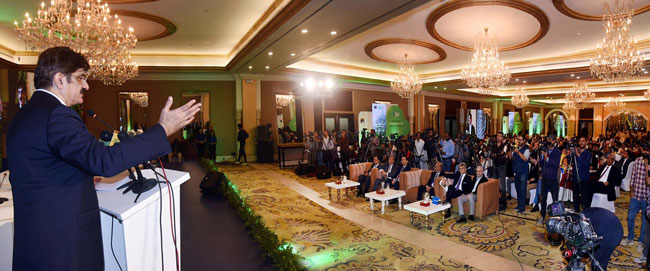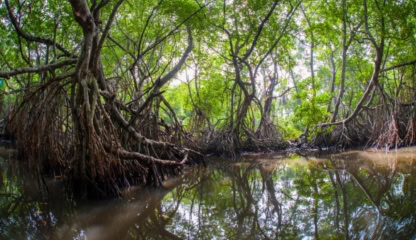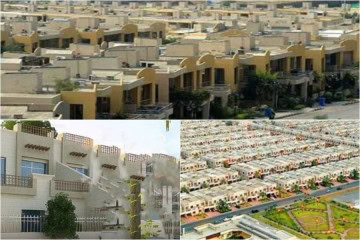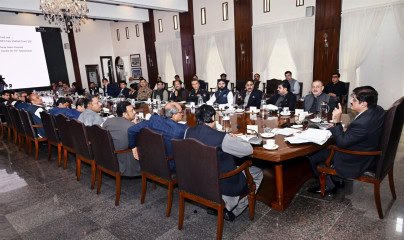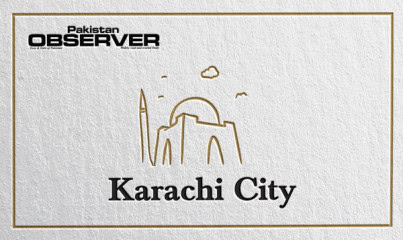Sindh Chief Minister Syed Murad Ali Shah has announced that the provincial government has restored approximately 160,000 hectares of mangroves in the Indus Delta, generating $14.747 million through the sale of 2.88 million tonnes of carbon credits (MTCO2e). This effort is considered one of the largest mangrove restoration projects globally.
Speaking at the 3rd Pakistan Climate Conference, hosted by the Overseas Investors Chamber of Commerce & Industry (OICCI), Shah highlighted the protection of an additional 100,000 hectares of mature mangroves through a community-based monitoring system that provides local workers with monthly remuneration. He recalled that between 2008 and 2024, Pakistan secured three Guinness World Records for tree plantation.
“In 2009, Pakistan Sindh government surpassed India’s previous record of 450,000 by planting 541,176 plants at Keti Bundar,” he said. Shah detailed the progress of the Delta Blue Carbon-1 and Delta Blue Carbon-2 projects, launched in 2015 and 2020 under a Public-Private Partnership (PPP) model. These initiatives, he said, hold an estimated carbon credit potential of 200 MTCO2e over three decades. “So far, one tranche of carbon credits has been sold for 2.88 MTCO2e, generating $14.747 million for the Sindh government in December 2022.
The second tranche is expected in March 2025,” he stated. Encouraged by this success, the PPP model is now being extended to Sindh’s riverine forests to enhance forest conservation and generate further carbon credits. Shah warned of Pakistan’s vulnerability to climate change, noting that the country ranks as the 5th most at-risk nation. “Climate change is not a distant phenomenon; it is a reality that affects us all.
Rising temperatures, extreme weather events, and the looming threat of sea-level rise present an existential challenge for Sindh and Pakistan,” he said. Recalling the devastation of the 2022 floods, which damaged 2.2 million acres of farmland, he highlighted the urgent need for collective action to protect agriculture, water resources, and biodiversity.
To combat these threats, the Sindh government is launching multiple climate resilience initiatives, including: Sustainable Agriculture – Introducing drought-resistant crops and water-efficient farming practices in collaboration with Nestlé Pakistan under the Sindh Irrigated Agriculture Productivity Enhancement Project.
Climate Education & Youth Engagement – Investing in programs to equip young people with knowledge and skills for climate innovation. International Collaboration – Partnering with global organisations and corporate entities to secure funding and technical support for climate adaptation projects. Shah called for greater emphasis on tree plantation and coastal protection, urging stakeholders to contribute to securing Sindh’s future. “Within these challenges lies an opportunity to build a more resilient and sustainable Sindh,” he said.
“Together, we must foster strong policies, empower communities, and leverage private sector innovation to achieve this vision.” He also acknowledged the role of the OICCI and the corporate sector in advancing climate resilience and sustainability efforts.

